Finance Minister Abul Hassan Mahmood Ali expressed optimism about Bangladesh's progress since the formation of the current government following the January 7 polls. Speaking at a session titled "Industry, Education, and Health" within the seminar "Unpacking the Economic Manifesto of the Awami League: Trends and Challenges for Tomorrow's Bangladesh," held at the Bangladesh Institute of Development Studies (BIDS) Conference Room in the capital, Ali emphasized the country's advancements despite various challenges.
Ali noted that Bangladesh has moved to a better position within a short period, citing increased investments and the willingness of countries like Germany, Korea, and the UAE to invest in Bangladesh. He credited Prime Minister Sheikh Hasina's leadership for the country's achievements, highlighting the nation's steady progress since independence.
The Finance Minister acknowledged some barriers but expressed confidence in the country's trajectory towards development. He highlighted the gradual increase in foreign currency reserves and anticipated further growth with the implementation of the Offshore Banking Act.
Ali reassured that multilateral development agencies are ready to support Bangladesh, emphasizing the country's distinction from situations like Sri Lanka's. Prime Minister's Economic Affairs Adviser Dr Mashiur Rahman underscored the government's commitment to implementing the election manifesto and enhancing the quality of education.
Prime Minister's Adviser on Power, Energy, and Mineral Resources Dr Tawfiq-e-Elahi Chowdhury discussed the impact of the Russia-Ukraine war on Bangladesh's position, emphasizing the country's equitable development and better performance compared to neighboring countries.
Adviser on Education and Cultural Affairs Dr Kamal Abdul Naser Chowdhury highlighted the government's focus on education and continuous monitoring for manifesto implementation. The speakers stressed the importance of timely implementation of election pledges and emphasized sectors like health, education, industry, and agriculture for maintaining macroeconomic stability.



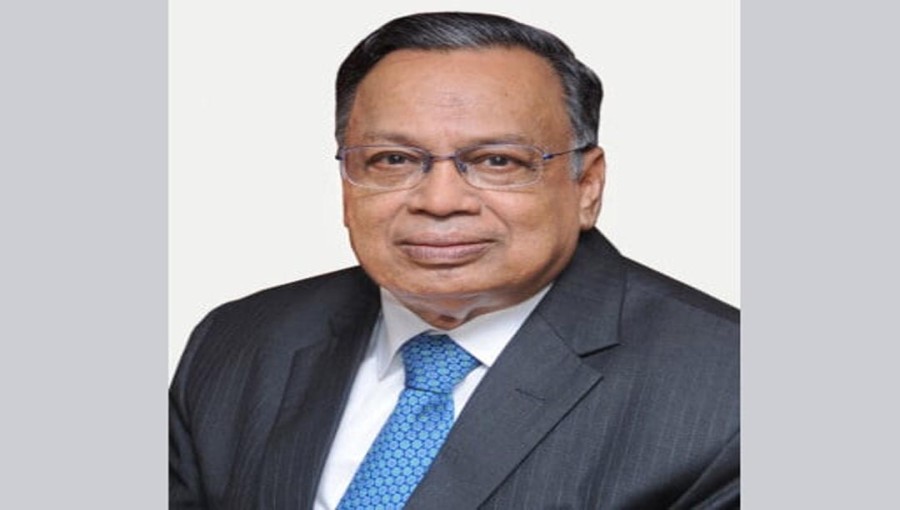
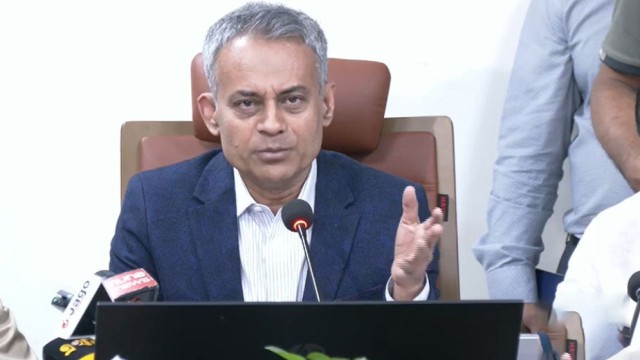

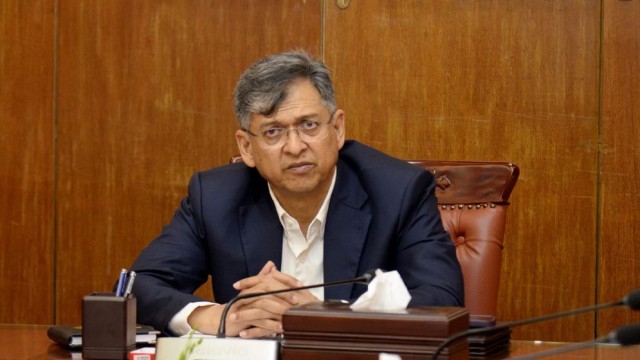
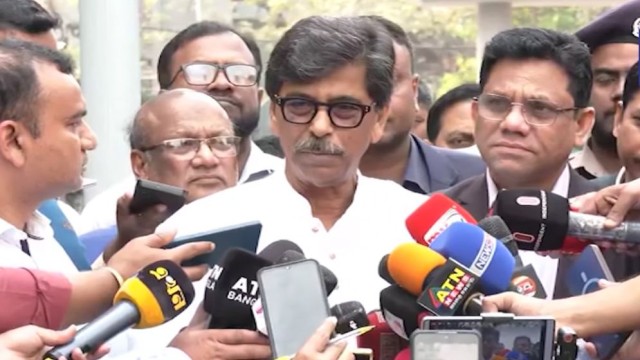
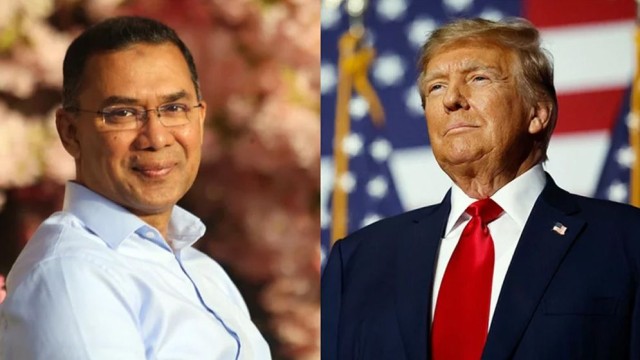

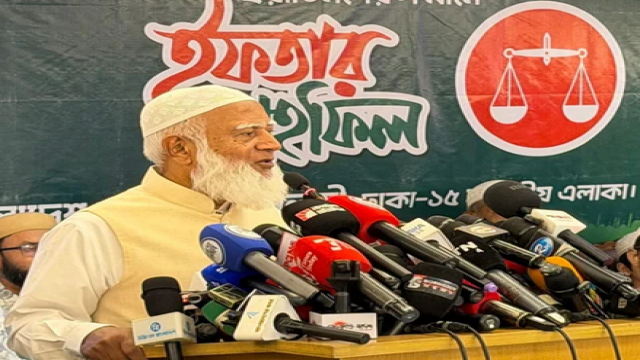
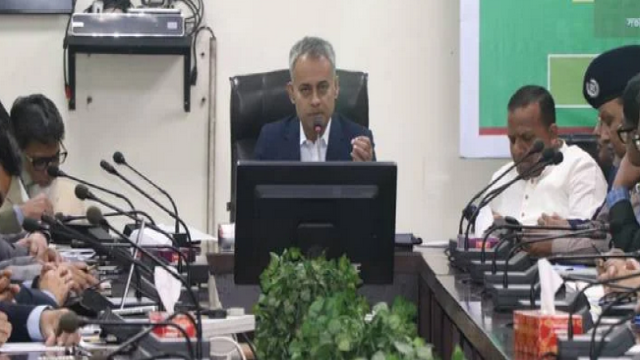




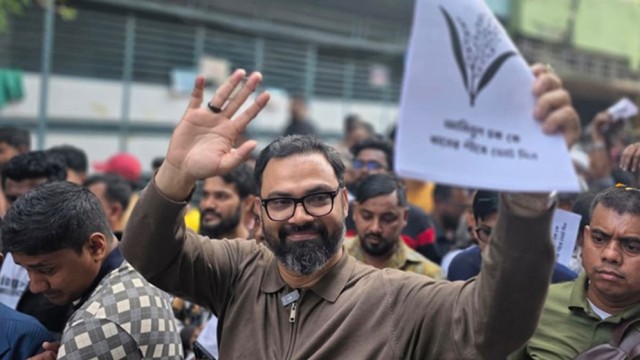
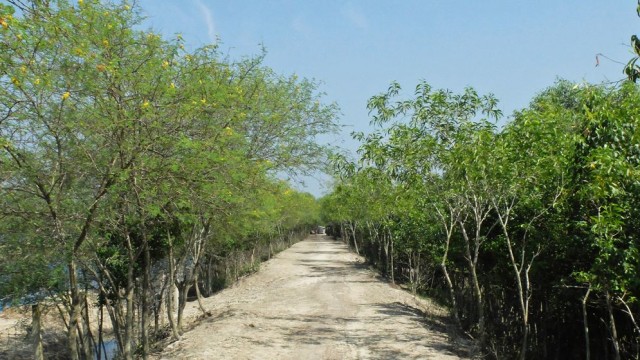










Comment: